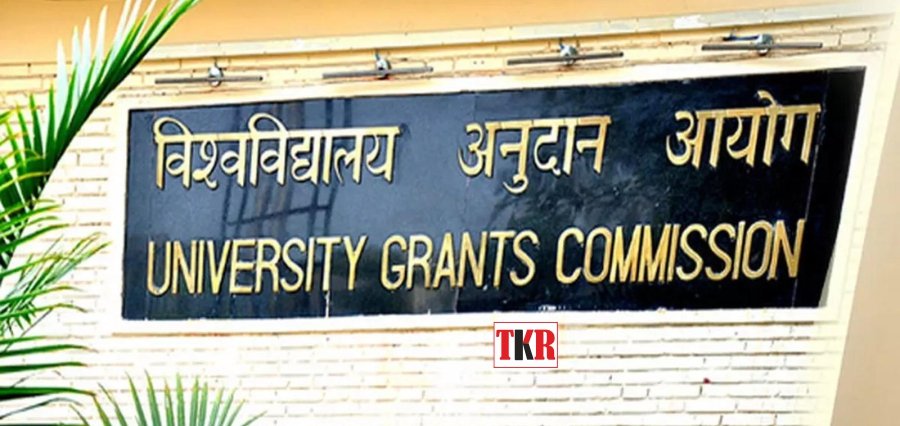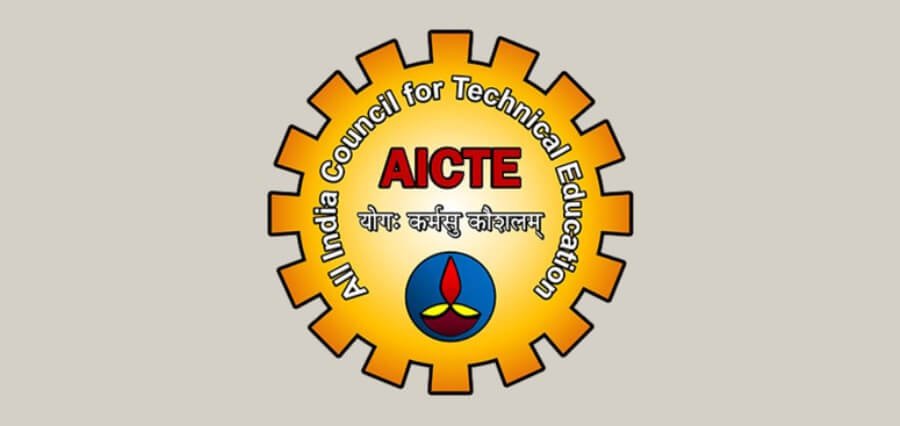This new framework distinguishes itself by emphasizing transdisciplinary and comprehensive education while also providing students with flexible entry and departure options. The University Grants Commission (UGC) of India has launched a new Curriculum and Credit Framework for Postgraduate Programmes, which is aligned with the National Education Policy (NEP) 2020.
This new framework distinguishes itself by emphasizing transdisciplinary and comprehensive education while also providing students with flexible entry and departure options. UGC Chairman Professor M Jagadesh Kumar has urged all higher education institutions to quickly implement this framework, which promises to empower students by allowing them to choose their courses and switch disciplines in accordance with the National Higher Education Qualifications Framework (NHEQF) and National Credit Framework (NcrF).
The system also supports the crediting of job experience and allows students to pursue various degrees concurrently or through online platforms.One of the most notable features of the new postgraduate curriculum structure is the greater freedom and mobility for students.
Undergraduate (UG) students with a major and minor can now choose a postgraduate (PG) field of study that is related to their UG major/minor or switch to a different discipline, subject to passing a national or university entrance exam.
The platform enables diverse learning modes of online, offline, and hybrid, and assures credits can be transferred through the academic bank of credits. The PG program’s credit system and learning outcomes are described in the NHEQF, allowing for a smooth transfer from level 6 to level 7 for various credentials, including diplomas and degrees.
Higher Education Institutions (HEIs) are allowed the freedom to offer a variety of PG program designs, including 1-year, 2-year, and integrated 5-year courses that serve diverse student needs and developing sectors such as AI and Machine Learning. The policy also values work experience and encourages multidisciplinary learning. Each curriculum type offers distinct pathways, with the 2-year PG programme encompassing coursework, research, or a combination of the two, whereas the 1-year PG programme is designed for individuals with a 4-year undergraduate degree and gives similar alternatives.
Furthermore, if students leave the two-year PG program after the first year, they will be awarded a Postgraduate Diploma. The framework’s credit distribution standards outline the minimal requirements for coursework and research, with an emphasis on advanced abilities and practical expertise.
Furthermore, the new framework permits for a maximum of two years’ worth of credits to be obtained through suitable job experience. NEP 2020 uses formative and ongoing evaluations to help students transition into various postgraduate degrees, making education more inclusive and adaptable, while also supporting horizontal and vertical mobility in higher education through the Academic Bank of Credit (ABC) principles.
Read More: https://theknowledgereview.in/





